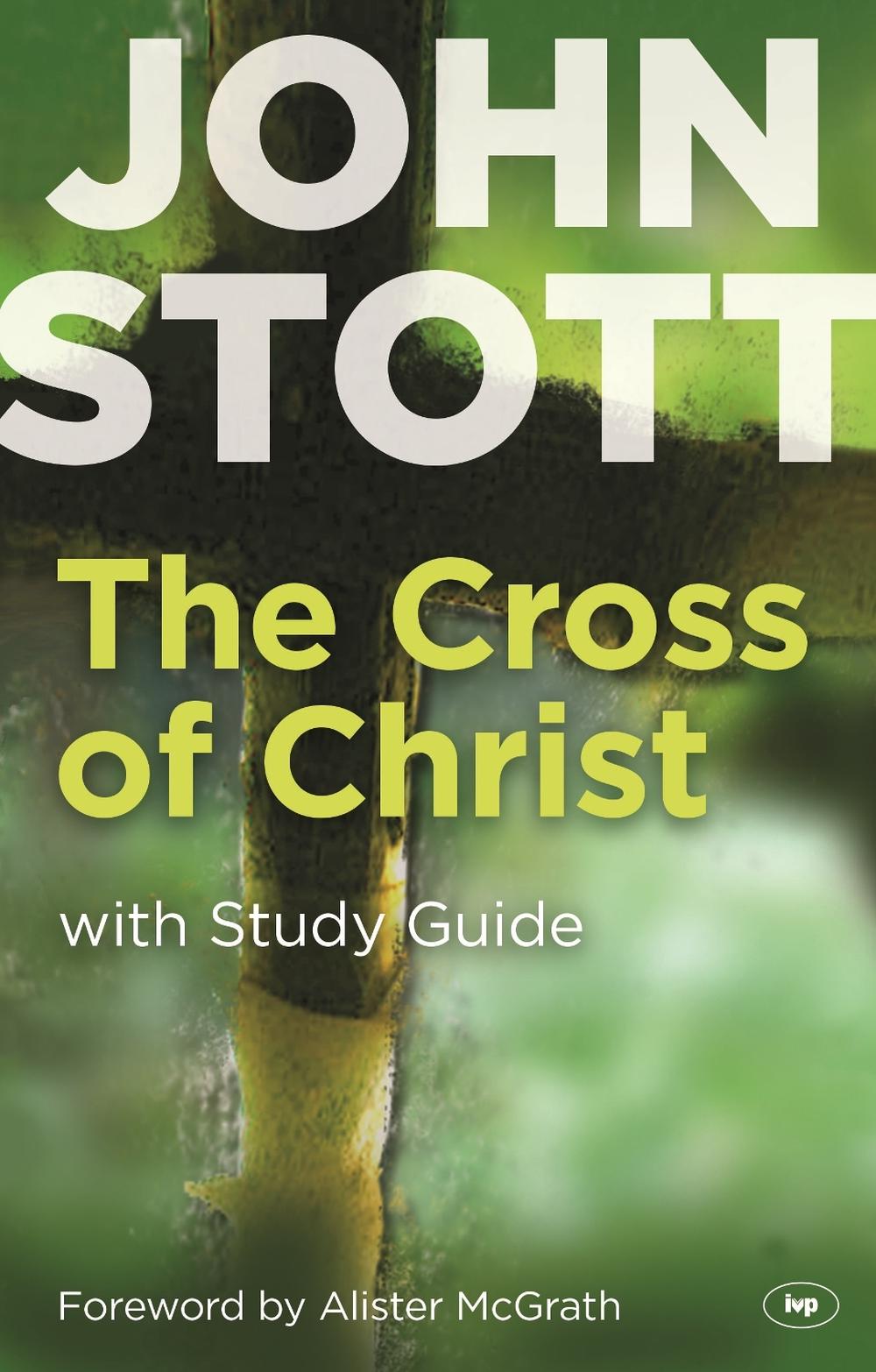
Luke tells of three men who either volunteered, or were invited, to follow Jesus but no one passed the Lord’s test. He sent irresponsible enthusiasts away empty. He brought no pressure to bear on any inquirer. He gave no encouragement whatever to thoughtless applicants for discipleship. If he offered men his salvation, he also demanded their submission. Indeed, the demand was as total as the offer was free. “Jesus never concealed the fact that his religion included a demand as well as an offer. is God’s only self-justification in such a world” as ours.' 'The other gods were strong but thou wast weak they rode, but thou didst stumble to a throne But to our wounds only God’s wounds can speak, And not a god has wounds, but thou alone.” There is still a question mark against human suffering, but over it we boldly stamp another mark, the cross that symbolizes divine suffering. Our sufferings become more manageable in the light of his. He entered our world of flesh and blood, tears and death. That is the God for me! He laid aside his immunity to pain. And in imagination I have turned instead to that lonely, twisted, tortured figure on the cross, nails through hands and feet, back lacerated, limbs wrenched, brow bleeding from thorn-pricks, mouth dry and intolerably thirsty, plunged in Godforsaken darkness.

But each time after a while I have had to turn away.

The only God I believe in is the One Nietzsche ridiculed as 'God on the cross.' In the real world of pain, how could one worship a God who was immune to it? I have entered many Buddhist temples in different Asian countries and stood respectfully before the statue of the Buddha, his legs crossed, arms folded, eyes closed, the ghost of a smile playing round his mouth, a remote look on his face, detached from the agonies of the world. “I could never myself believe in God, if it were not for the cross.


 0 kommentar(er)
0 kommentar(er)
